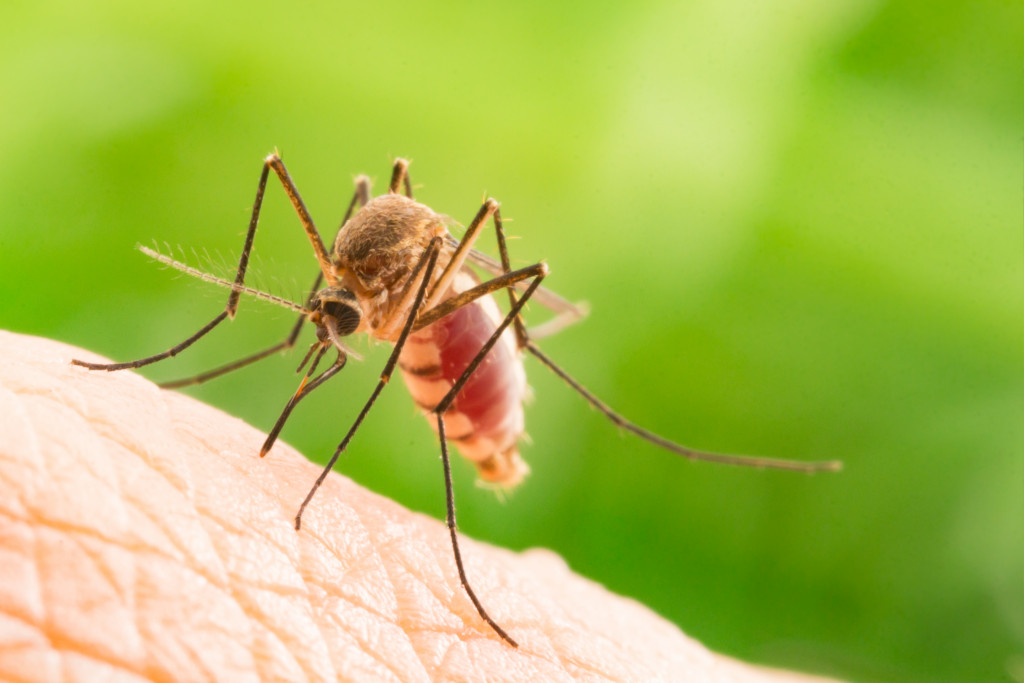Naturally, our bodies are designed to withstand and adapt to different environments. If we’re in an environment with cold weather conditions, our skin can help retain heat for an extended period. At the same time, our immune system also plays an integral part in protecting our bodies from serious diseases. When there are disease-causing microbes or foreign objects that can cause harm to our body, our immune system can spring to action.
However, certain diseases are so serious that most individuals require medical attention as soon as possible. This is especially true for many conditions in tropical areas around the world. Vector-borne diseases like dengue can be severe if it’s not addressed as soon as possible.
But what is dengue? This is a viral disease carried by infected mosquitos from a specific strain called Aedes Aegypti. Much of the symptoms of this viral infection include high-grade fever, body aches, and sometimes uncontrollable rashes. As of the current moment, there is no known cure for dengue. Although there is no cure, it’s still possible to address the symptoms of dengue.
Contrary to what most people think, there are different variants of dengue. This means that if a specific individual might get immunity from a particular variant of dengue, they can still get infected with the other variants. That said, one of the best ways of stopping dengue in its tracks is by implementing preventive measures within the community and the household.
But how does dengue spread? What are some effective preventive measures that can stop dengue on its tracks? Some critical questions regarding the disease will be answered.
Early Detection and Symptoms
Before discussing some preventive measures, let’s focus on some ways of detecting early signs and symptoms of dengue. One of the optimal ways of treating dengue is by addressing early symptoms.
It’s important to note that dengue symptoms are divided into two categories: mild and severe dengue. Mild dengue has flu-like symptoms that won’t need professional attention since it can be controlled and tended immediately. However, these symptoms can lead to severe dengue and can be fatal in more extreme cases. In some parts of the world, severe dengue is one of the leading causes of fatality in tropical countries.
Although there might not be any cure for dengue, preventive measures can still stop infections. Here’s what you need to know.

Using Repellents and Attractants To Your Advantage
One of the best ways of keeping you and your family safe from dengue is by utilizing mosquito repellents to your advantage. Many insect repellents are relatively safe for your skin. However, you need to read and follow the instructions on these labels.
Certain repellents should only be placed on exposed skin and not under clothing, on your eyes, and your mouth. If your skin easily gets irritated by repellents, you might want to consider using mosquito patches on your clothing instead of spraying it on the surfaces of your living space.
Another way of repelling mosquitoes is by attracting them into traps. Fortunately, recent technological innovations have made it easier to trap mosquitos with the right deterrent system. You won’t have to look far since the best quality mosquito traps are specifically designed to attract mosquitoes and trap them without using toxic pesticides.
Keeping Your Living Area Clean
Last but not least, the most effective way of addressing dengue is by directly addressing the breeding ground of mosquitoes. Usually, the infection rate for vector-borne diseases directly correlates to flooding and the amount of rain an area receives throughout the year. Mosquitos tend to breed on stagnant water.
You should clean and cover water containers once or twice a week, especially containers with stagnant water. Throwing out empty bottles, old tires, and draining flower vases can significantly decrease the risk of dengue.
The dengue virus can infect anyone, regardless of your location, nationality, and gender. Although there are no known cures for it, detecting early symptoms can help treat the symptoms of dengue. The first few hours of dengue are integral to understanding whether it’s mild or severe. Severe dengue fever can cause concern and should be treated as an emergency since this is fatal to children, pregnant women, and elderly folks.
Another vital way of addressing dengue is by implementing preventive measures. Keeping your surroundings clean and destroying potential breeding sites for mosquitoes are some ways to decrease the likelihood of getting it in your living space. If you’re not quite sure what you can do, there are always professionals who can help you in this situation.

